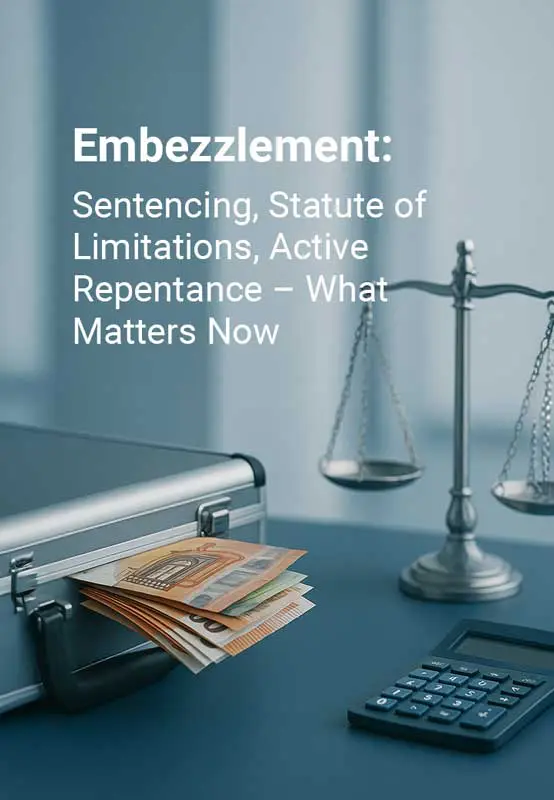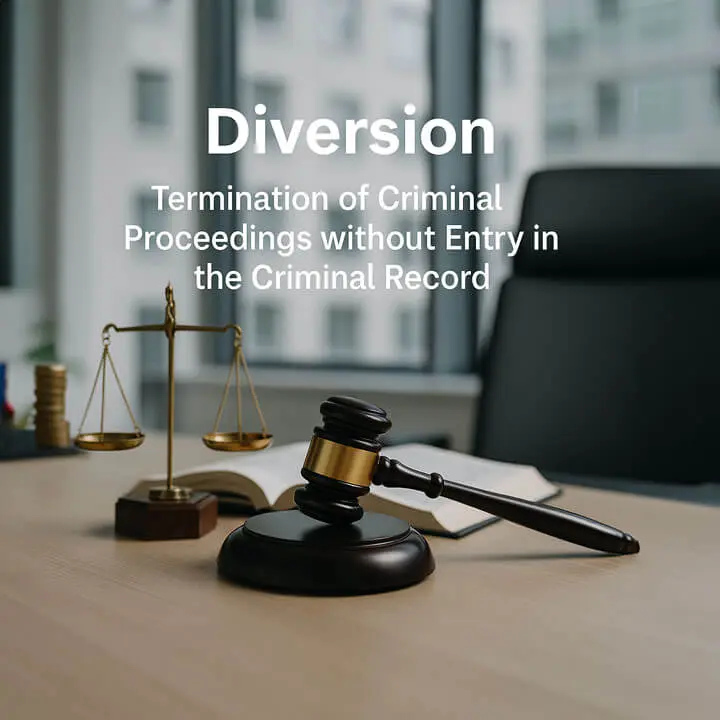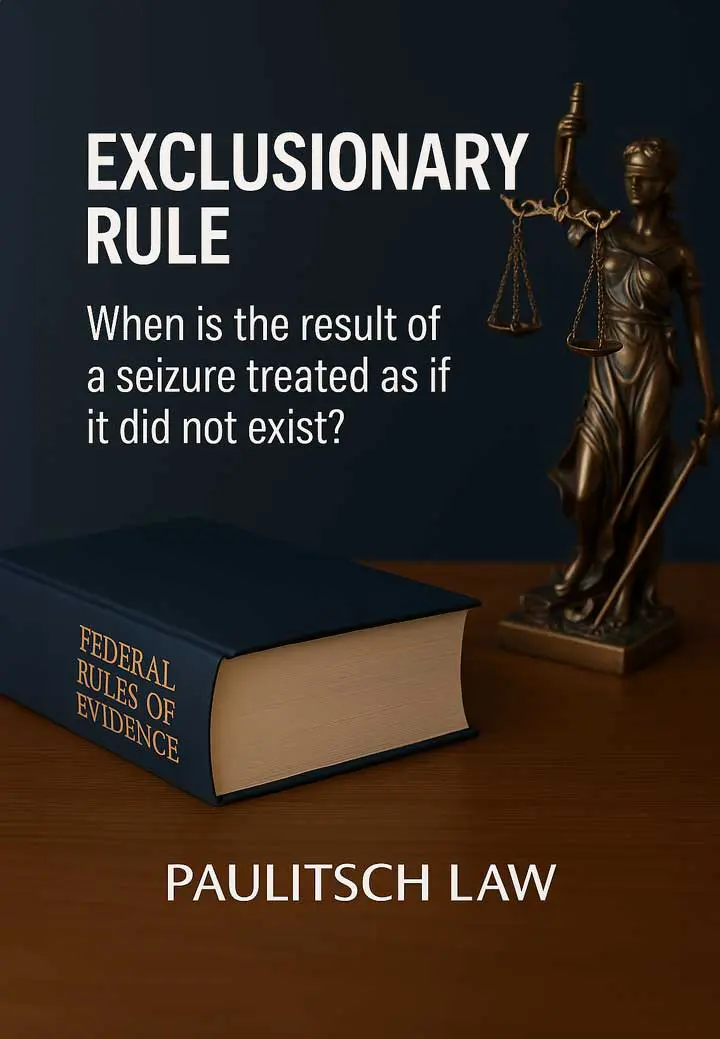With the amendment of the State Security and Intelligence Service Act (SNG) in the summer of 2025, the monitoring of encrypted communications (“Quellen-TKÜ”) or messenger monitoring by the Office for the Protection of the Constitution was introduced – a topic that has been highly polarizing since the Constitutional Court’s “Bundestrojaner” ruling in 2019. The aim is to effectively combat threats relevant to the protection of the constitution and, in particular, to combat terrorism. The goal is to prevent attacks in a targeted manner.
In his article in Ecolex, Alexander Figl examines the legal and practical tensions surrounding this new power from the perspective of the Code of Criminal Procedure. Amendment initiated.
Key points of criticism:
- The DSN acts as a hybrid organization that performs intelligence, security police, and criminal police tasks at the same time – without any clear organizational separation.
- This creates the risk that findings from intelligence service messenger surveillance will inevitably be used in criminal proceedings, even though the Code of Criminal Procedure does not provide for such investigative measures.
- Unlike in Germany, Austria lacks a strict separation between the police and intelligence services, as well as an explicit prohibition on the use of evidence obtained through measures not covered by the Code of Criminal Procedure.
- Finally, the independence of legal protection is also called into question by the trustworthiness check carried out by the DSN itself, which is enshrined in the SNG.
Figl comes to a clear conclusion:
“Since the DSN performs intelligence, security, and criminal investigation tasks under one roof, results from the new messenger surveillance will regularly be incorporated into criminal proceedings—with considerable risks for the rule of law.”
The discussion about the compatibility of the new powers with the Code of Criminal Procedure and the protection of fundamental rights will occupy legal scholarship and practice intensively in the coming years.









